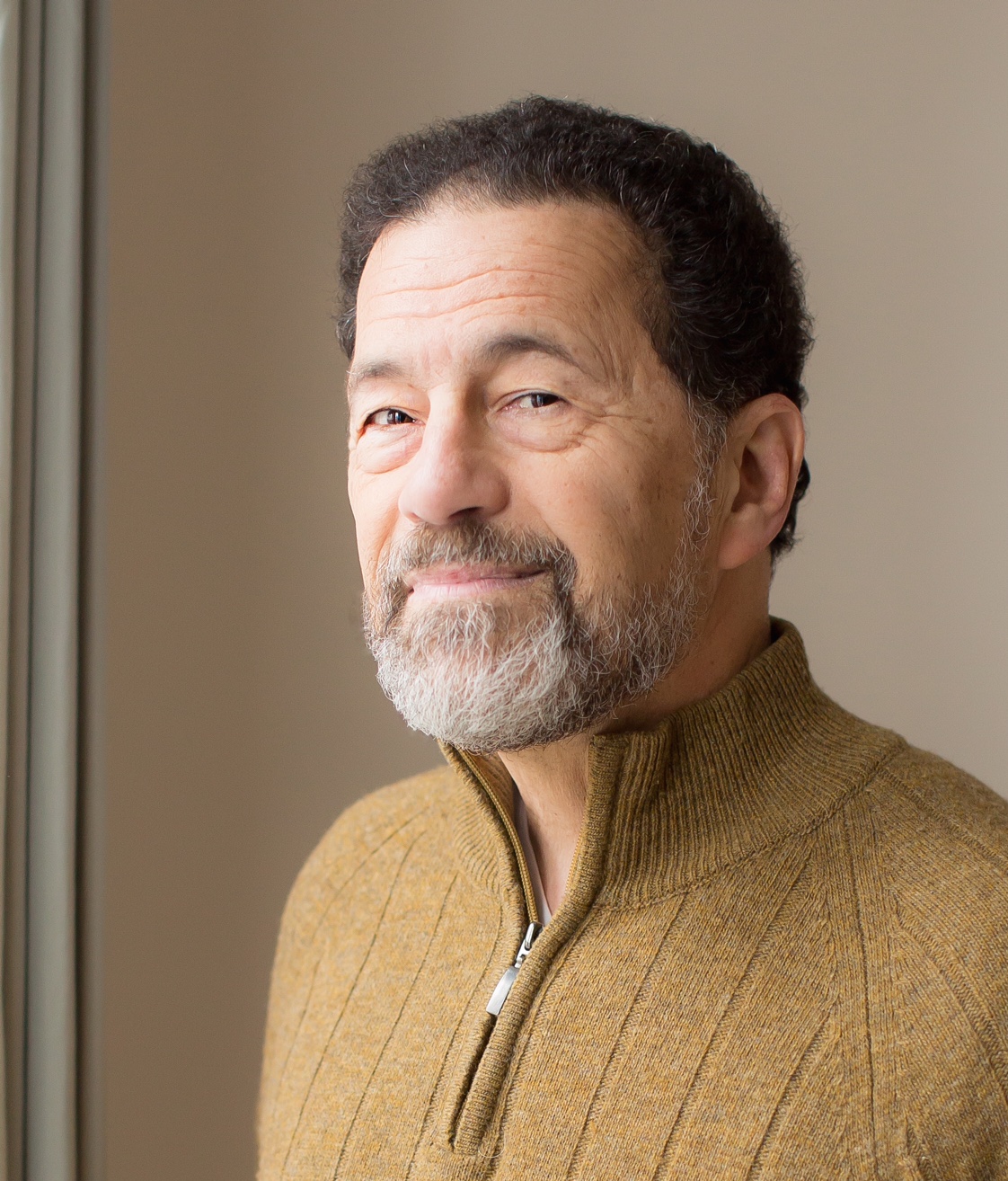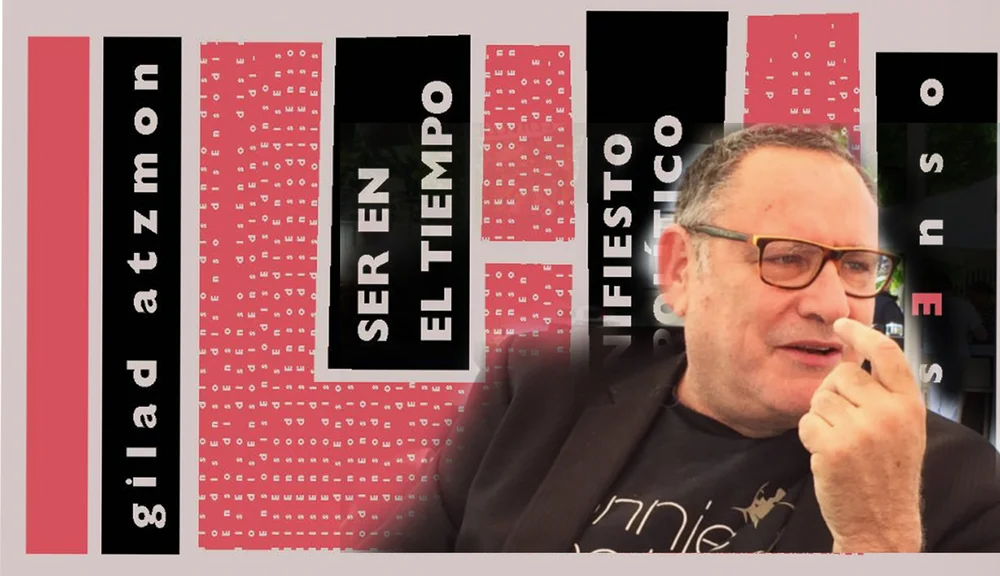
March 9, 2021
Posted by Lawrence DavidsonIsrael
The Charge of Anti-Semitism versus Israeli Behavior
Part I—The Misuse of Anti-Semitism
When it comes to anti-Semitism, the Israelis and their Zionist supporters are so deceitful that they risk the moral degradation of Judaism. How do these two things, deceitfulness and the moral degradation, that is the deterioration of ethical standards, go together in this case?
First, the Zionists are deceitful because they purposely conflate Zionism which is an ethnocentric political ideology adhered to by a subset of Jews, with Judaism, a multi-ethnic and multi-cultural religion. Then they insist that Israel’s allies—particularly the United States—adhere to this same propagandistic conflation.
Second, this deliberately instigated error is an attempt to stave off criticism of the Israeli state and its policies toward Palestinians. Those policies are harsh and include segregation, ethnic cleansing and other apartheid-style acts of discrimination. By insisting that (1) the political ideology that promotes and rationalizes this behavior is an expression of religion of Judaism and therefore (2) criticism of these policies is the equivalent of anti-Semitism, the Zionists insist that Israeli state behavior is sanctified by the religion. This is a direct attack on the ethical standards of Judaism, hence the moral degradation. The tactic also undermines the gravity of the charge of anti-Semitism due to chronic misapplication by the Zionists.
Part II—Saturday Night Live Tells a Joke
Let’s take a look at the background of this situation.
First, the sad truth is that Israeli state policies result in racist behavior towards the Palestinians.
The noted journalist Jonathan Cook, who covers Israel and Lebanon as a freelance reporter, has concluded the Palestinians “are viewed as an unwelcome, surplus population that serves as a demographic obstacle to the political realization of a Greater Israel. The severe economic and military pressures Israel imposes on these Palestinians are designed to engineer their incremental displacement, a slow-motion ethnic cleansing.”
This observation has been confirmed by the recent report put out by Israel’s most respected human rights organization, B’Tselem, entitled “A Regime of Jewish Supremacy from the Jordan River to the Mediterranean Sea: This Is Apartheid.” Among other points, the B’Tselem report demonstrates that “in the entire area between the Mediterranean Sea and the Jordan River, the Israeli regime implements laws, practices and state violence designed to cement the supremacy of one group—Jews—over another—Palestinians.”
Second, Israel and the Zionists insist that criticism of Israeli state policies is anti-Semitism.
Here is the most recent, admittedly rather absurd, example of the Zionists’ obsessive misuse of the charge of anti-Semitism—in this case directed toward a joke told on U.S. national television.
On February 24, the satiric comedy show, Saturday Night Live (SNL), joked about the Israeli discriminatory distribution of Covid-19 vaccine. It went as follows: “Israel is reporting that they vaccinated half of their population,” said the comedian Michael Che, “and I’m going to guess it’s the Jewish half.” It is not a hilarious sort of joke, but it is attention-getting in a way that draws a smile and an affirmative nod. This is because those in the know, know it is close to the truth, but like the skeleton in the closet, it is not supposed to see the light of day.
The immediate response by American Zionist organizations and spokespeople was, as the saying goes, over the top. The American Jewish Committee (AJC) declared that “Saturday Night Live’s ‘joke’ is dangerous, a modern twist on a classic anti-Semitic trope that has inspired the mass murder of countless Jews throughout the centuries.” This description is such an exaggeration that it smacks of a guilty conscience.
The AJC also said that the assertion that Israel had only vaccinated that half of the population that is Jewish is “untrue.” If you are only counting Israel proper (1948 Israel) the AJC is technically correct. However, if you include the Occupied Territories, which Israel claims to be part of the Jewish state, it is absolutely true that Israel has been holding back on supplying vaccines to the bulk of the Palestinian population—they have transferred only about 5000 doses for a population of almost 5 million and interfered with the Palestinian Authority’s own efforts to import vaccines. So whose “mass murder” are we really talking about?
The AJC complaint was followed up by remarks by the Israeli ambassador in Washington, Gilad Erdan. He said that the SNL joke “isn’t funny. It’s ignorant. It perpetuates anti-Semitism.” Then he told us, “the fact is that the success of our vaccination drive is exactly because every citizen of Israel —Jewish, Muslim, Christian—is entitled to it.” Here he is being purposely misleading. While claiming the OT to be part of Israel, the Israeli government has denied the Palestinians in that territory Israeli citizenship. Nonetheless, Israel has responsibility for Palestinians in the OT under international law. So, the ambassador is hiding his country’s racist vaccine policy, and its violation of international law, by using the term “citizen” in an obfuscating manner.
For the other side of the joke-response story, the reader should see journalist Abby Martin’s YouTube presentation in defense of Saturday Night Live, as well as going to the Israeli progressive website, 972, which reported on the SNL joke under the headline, “SNL Tells the Uncomfortable Truth About Israel.” Their point is that “For over half a century, Israel has lorded over Palestinian society, plundered their land, erased the border of Israel Proper, and settled hundreds of thousands of Jewish settlers in a territory slated for a Palestinian state. With this one-state reality firmly in place, Israel is now attempting to obfuscate who exactly counts as part of Israel’s ‘population’—and whether they are deserving of the country’s public health service.” When the Israelis are not trying to confuse the issue, they are using access to Covid-19 vaccines as bait in attempts to wring concessions out of the Palestinian Authority or the Hamas government in Gaza.
So there sure is more than a core of truth to the SNL joke. The non-Jewish half of the population is being discriminated against when it comes to health care, as well as all other aspects of state support. Consider the statement by the Israeli minister of health, Yuli Edelstein, who asserted that the “State of Israel had no more obligations to take care of Palestinians, than the Palestinian minister of health has responsibility to take care of dolphins in the Mediterranean.” Of course the Palestinian minister of health is a powerless figure who is not bound, as is his Israeli counterpart, by the Fourth Geneva Convention. And, now consider Prime Minister Netanyahu’s decision to reward some twenty foreign countries which “have done favors” for Israel with thousands of vials of Covid vaccine, while the Palestinians in the OT get almost nothing. The Israeli government appeared to back away from this policy only after it generated harmful publicity abroad.
Part III—Promoting a Tribal Worldview
Except for some newspaper editorials and the report from 972, most Israeli Jews have been silent. There seems to be a numbness when it comes to the Palestinians that, in this case, makes many Israeli Jews either accepting of the government’s biased approach to the delivery of vaccines, or too uncaring in the face of the pandemic to notice.
Actually, we should not be too surprised at this. Israeli society has been structured to produce a predetermined sort of Jewish citizen—one who, under normal circumstances, rarely comes in contact with Palestinians (again, it is a segregated society) and, if and when they do think of them, sees them as dangerous interlopers on Jewish land.
Consider the context determining this outlook.
—More than most states, Israel is a tribal nation—a tribe with a flag, if you will. This sense of strong ethnocentrism is the product of centuries of anti-Semitism. The core of this outlook lay with the Ashkenazi—the European Jews who suffered the brunt of anti-Semitism, pogroms, and finally the Europe-centered Holocaust. It was their surviving leadership, guided by the ideology of Zionism, who finally realized the founding of Israel.
—Zionism is the political ideology that combines the goals of ethnic survival, statehood and the reshaping of the modern Jew into a citizen dedicated to the defense and future of a Jewish state.
—In other words what Israel does, or equivalently what Zionism does, is to institutionalize a tribal group sensitivity and ongoing sense of grievance. An expression of this sensitivity is the charge of anti-Semitism against anyone who is critical of Israel and its policies.
—How does Israel maintain and hone this sense of grievance as a basis of tribal solidarity? Through the institutions of society, particularly the state’s educational system and military service, which are designed to realize the appropriate Zionist worldview.
—For this it helps to have enemies right now: the whole non-Jewish world in general and the Palestinians in particular.
—Drill this worldview into successive generations and you get a first-class citizenry which sees no problem with discriminating and ultimately cleansing all supposed second-class interlopers. Thus, the miserly and begrudging outlay of Covid-19 vaccines for those “others!”
Part IV—Conclusion
The promotion of such a skewered worldview is not peculiarly Israeli, and certainly is not inherently Jewish. Tribalism was the social unit of all human beings for millennia and really did not start to break down until modern times. This breakdown process is imperfect, and so there are any number of groups resisting the trend toward multi-ethnic and multi-cultural societies. They still react, often violently, to immigrants and other strangers in their midst, and stick together based on ethnicity, religion, or other tribal-like identities. Here in the U.S., Donald Trump is the rather nasty leader of such a reaction.
However, as the growth of integrated societies testifies, tribalism isn’t inevitable. Rather, the modern tribal impulse for an ethnocentric state has to be artificially manipulated through incessant propaganda and organized miseducation.
This manipulation is exactly what is happening in Israel. As a result, the Israelis, and more broadly the Zionists, just can’t take a joke—particularly if it shines a light on their racist behavior.
Filed under: Antisemitism, Palestinian people, USA | Tagged: Anti-Semitism Card, Apartheid, Dr. Lawrence Davidson, holocaust industry, Israeli Racism and Brutality, Jewish tribalism, Jonathan Cook, Judaism, The Zio-temporary entity | Comments Off on The Charge of Anti-Semitism versus Israeli Behavior
















!['Greater Jerusalem means no churches and no mosques' The 9th International Conference on the Holy City of Jerusalem discussed the city's importance to Islam and Christianity [Getty Images]](https://www.aljazeera.com/mritems/imagecache/mbdxxlarge/mritems/Images/2017/12/16/ccf0f3c416284c99a026a6dd9e268c67_18.jpg)





 Jews had enormous influence in the English and American media at the turn of the century – this is what most people in America and UK were told about Russian Jews (Click for Hi-Res image)
Jews had enormous influence in the English and American media at the turn of the century – this is what most people in America and UK were told about Russian Jews (Click for Hi-Res image)






